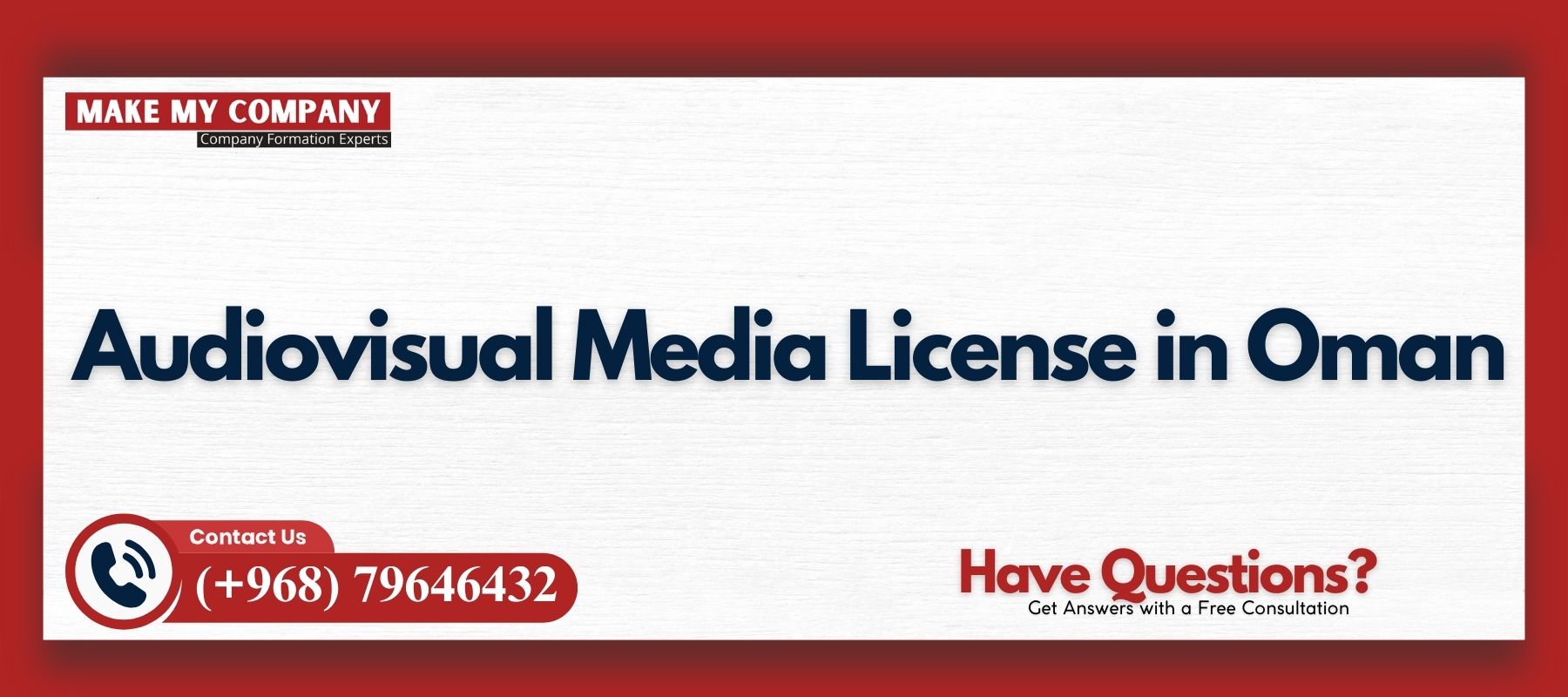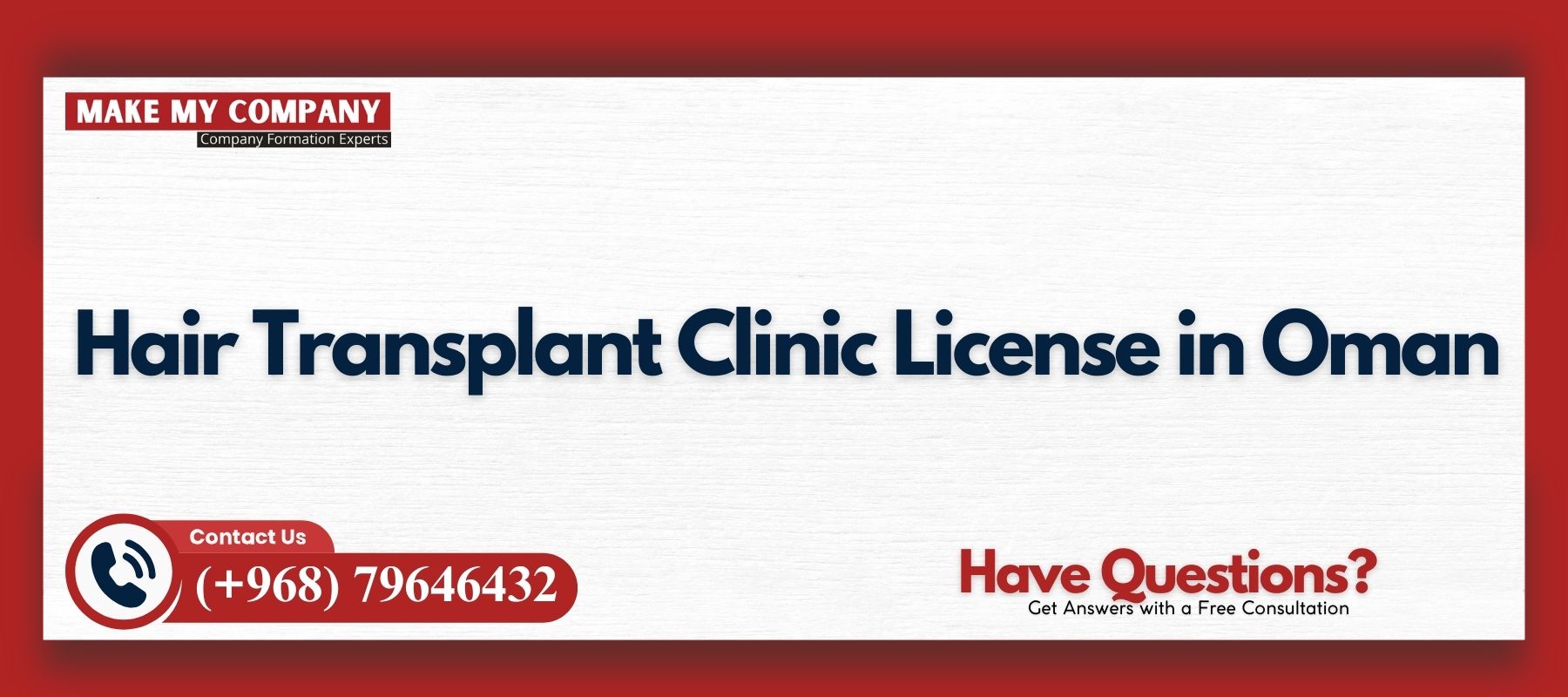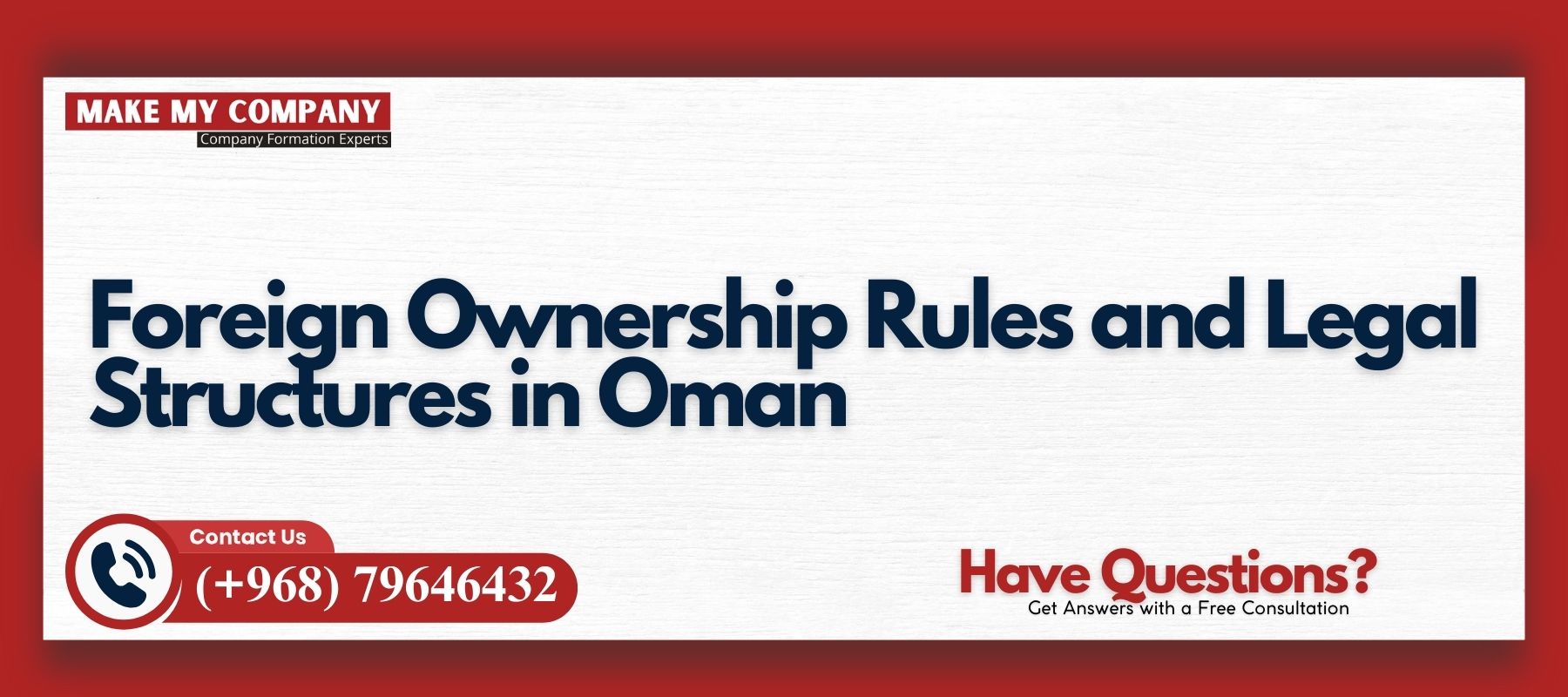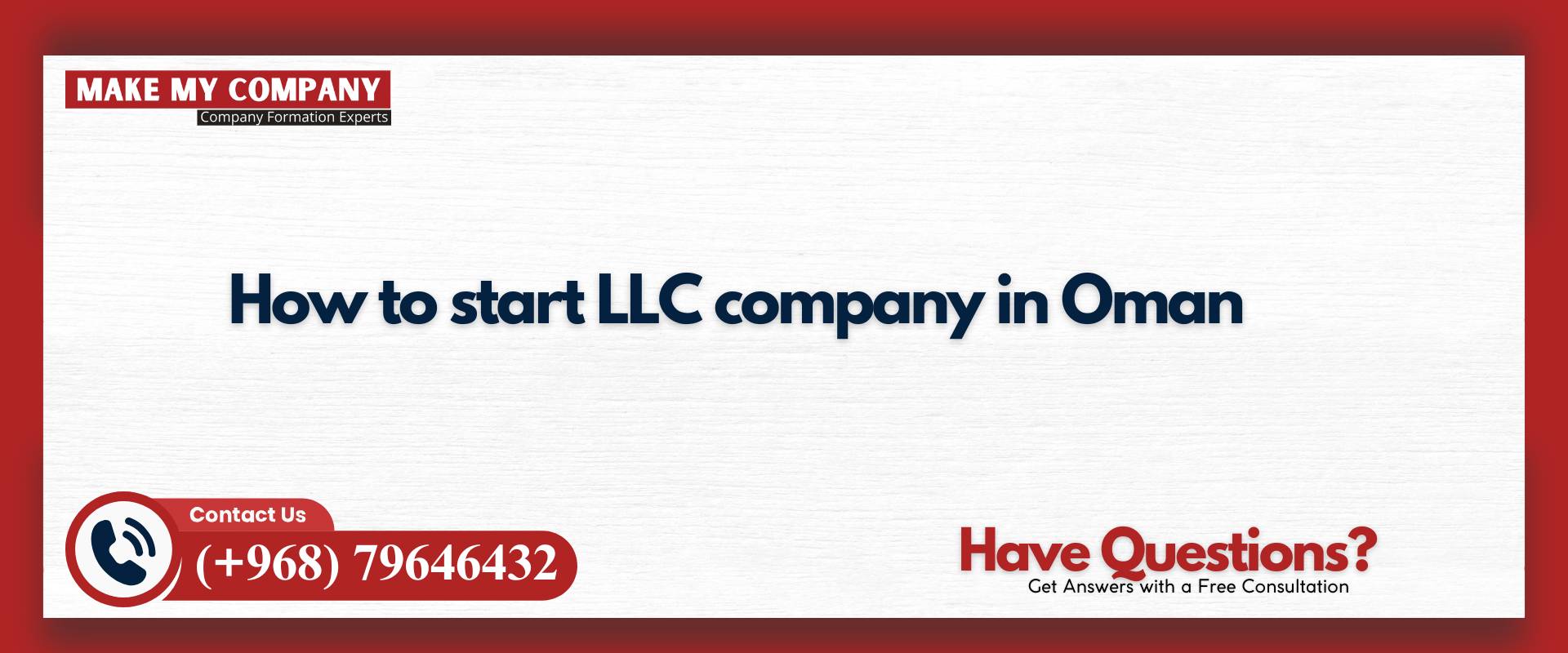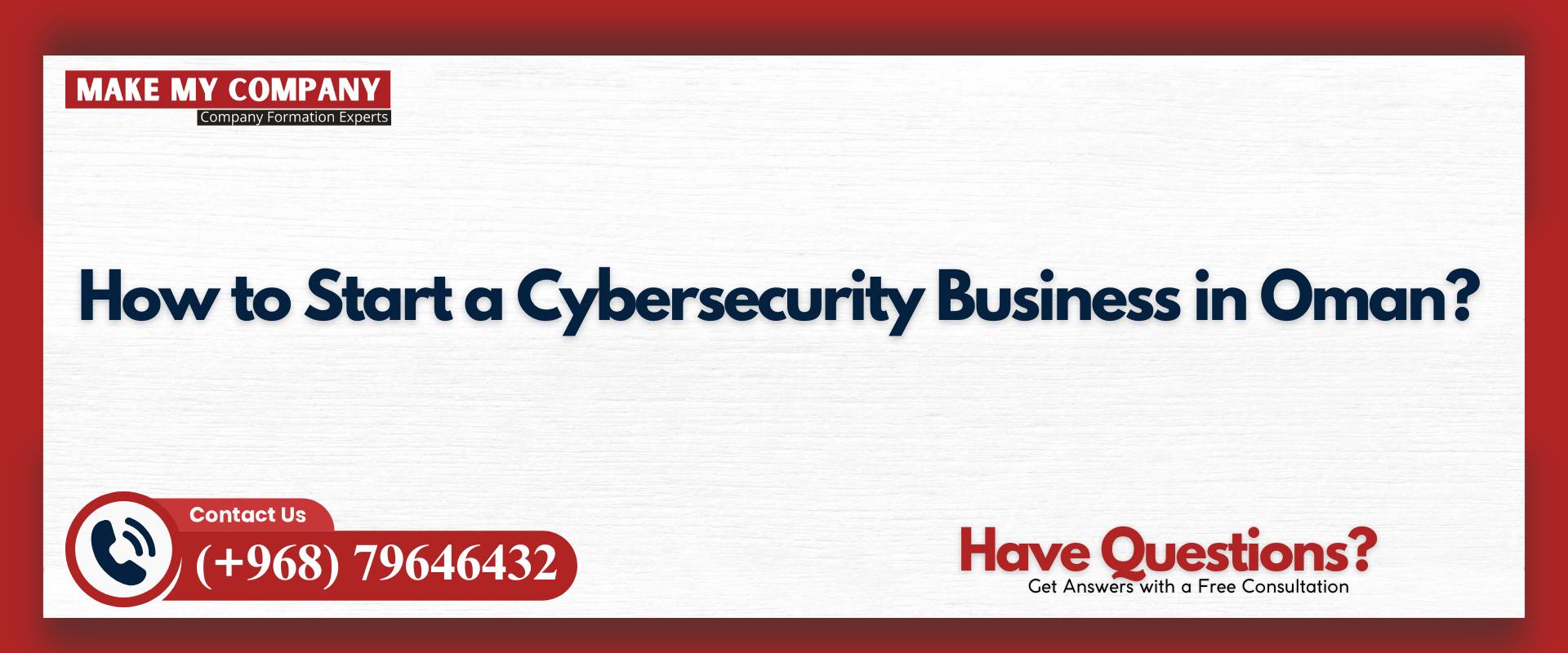Oman’s healthcare sector is growing rapidly, creating opportunities for local and foreign investors to establish clinics and specialized healthcare centers. Among the most in-demand facilities are dental clinics, which must meet strict licensing standards to ensure patient safety and quality of care.
To open a clinic, practitioners and investors must obtain a dental clinic license in Oman. This involves approvals from the Ministry of Health (MoH), professional credentialing by the Oman Medical Specialty Board (OMSB), and business registration with the Ministry of Commerce, Industry, and Investment Promotion (MOCIIP). This guide explains the full process, costs, documents, and compliance requirements in 2025.
Table of Contents
Why a Dental Clinic License is Important in Oman
A dental clinic license is more than a legal requirement; it ensures quality, compliance, and trust in the healthcare system.
Legal Approval to Operate
Without a license from the Ministry of Health, no dental facility can provide treatment. Licensing confirms that the clinic meets Oman’s healthcare laws.
Patient Safety and Standards
The license guarantees that the clinic has the right infrastructure, equipment, and qualified staff to deliver safe and effective dental care.
Access to Banking and Visas
A licensed clinic can open a corporate bank account and sponsor visas for dentists, nurses, and support staff.
Market Credibility
Investors and patients prefer licensed clinics, making it a key factor in building trust and long-term reputation.
Main Government Authorities Involved in Licensing
Several entities oversee the process of opening and running a dental clinic in Oman.
Ministry of Health (MoH)
The primary authority for issuing healthcare facility licenses. MoH reviews applications, inspects facilities, and ensures compliance with medical standards.
Oman Medical Specialty Board (OMSB)
Dentists must have their qualifications verified by OMSB. Foreign-trained dentists must obtain equivalency and pass the OMSB exam before practicing.
Ministry of Commerce, Industry, and Investment Promotion (MOCIIP)
Handles company registration and trade licensing through the Invest Easy Portal. Without MOCIIP approval, a clinic cannot legally operate.
Oman Chamber of Commerce and Industry (OCCI)
Certain business activities require OCCI membership. It strengthens compliance and provides recognition within Oman’s trade ecosystem.
Tax Authority
Once licensed, clinics must register with the Tax Authority for VAT compliance and corporate taxation.
Municipalities
Local municipalities ensure zoning, safety, and hygiene approvals for the clinic location.
Professional Qualification Requirements
Before applying for a clinic license, the dentist must meet professional standards.
Recognized Dental Degree
Dentists must hold a recognized dental degree accredited by OMSB.
Equivalency for Foreign Degrees
Foreign-trained dentists must submit their qualifications to OMSB for equivalency approval.
OMSB Licensing Exam
Foreign dentists must pass the OMSB licensing exam, which includes a written test and an oral assessment covering clinical knowledge and Omani healthcare laws.
Continuous Professional Development
Dentists must engage in ongoing training to maintain their license.
Step-by-Step Process to Get a Dental Clinic License in Oman (2025)
Obtaining a dental license is a structured process involving both business registration and healthcare approvals.
Step 1: Business Registration with MOCIIP
- Reserve a trade name.
- Register the business structure (LLC or partnership) through the Invest Easy Portal.
- Obtain initial approval for healthcare activities.
Step 2: Apply to the Ministry of Health
- Submit detailed plans including facility layout, equipment list, and compliance documents.
- Provide notarized and translated copies of professional qualifications.
- Pay applicable fees and await initial verification.
Step 3: Facility Approval and Inspection
- The MoH will inspect the premises to ensure it meets healthcare infrastructure standards.
- Clinics must have dental chairs, sterilization rooms, X-ray facilities, and emergency equipment.
Step 4: Obtain OMSB Approval for Dentists
- Submit qualifications to OMSB.
- Complete equivalency if required.
- Pass OMSB licensing exam (foreign practitioners).
Step 5: Secure OCCI Membership
- Register with the Oman Chamber of Commerce if required for your business activity.
Step 6: Final Approval from the Ministry of Health
- After document verification, inspection, and professional approvals, MoH grants the dental clinic license.
- The license must be displayed at the clinic.
Step 7: Post-License Registrations
- Register with the Tax Authority for VAT and corporate tax.
- Obtain municipal permits for safety and zoning.
- Open a corporate bank account and apply for employee visas.
Documents Required for Dental Clinic License in Oman
Proper documentation is critical to avoid delays.
Professional Documents
- Dental degree certificates.
- OMSB approval and licensing exam results.
- Experience certificates and professional references.
Business Documents
- Commercial registration certificate (MOCIIP).
- Memorandum of Association (MOA).
- Trade name approval.
- OCCI membership (if required).
Facility Documents
- Lease agreement for clinic premises.
- Floor plan showing treatment rooms and equipment.
- List of dental equipment and safety devices.
- Municipal clearance for health and safety.
Costs of Obtaining a Dental Clinic License in Oman
The costs vary based on location, size, and equipment.
License Fees
OMR 500 – OMR 2,000 for Ministry of Health licensing.
Setup Costs
OMR 50,000 – OMR 200,000 for equipment, facility, staff, and compliance.
Additional Costs
- OCCI membership: OMR 100 – 200 annually.
- OMSB exam and equivalency fees for foreign dentists.
- Tax registration and annual renewals.
Timeline for Approval
The entire process usually takes 3 to 6 months, depending on document readiness, inspections, and professional approvals.
Compliance and Renewal
Once licensed, clinics must remain compliant with Omani regulations.
License Renewal
Dental clinic licenses are renewed every 2 to 3 years with updated compliance reports.
Continuous Inspections
The Ministry of Health conducts regular inspections to ensure ongoing compliance with safety and hygiene standards.
Tax Filing
Clinics must register and file VAT returns with the Tax Authority.
Why Oman is Attractive for Dental Investors in 2025
Oman offers a strong opportunity for healthcare investments, especially in dentistry.
Growing Healthcare Demand
Population growth and medical tourism are driving demand for dental services.
Government Support
The MoH and MOCIIP are streamlining healthcare licensing through digital platforms like Invest Easy.
Strategic Location
Oman’s location provides access to regional healthcare markets across GCC and Asia.
Conclusion
Obtaining a dental clinic license in Oman is a comprehensive process involving professional approvals, business registration, and healthcare compliance. With oversight from the Ministry of Health, OMSB, MOCIIP, and OCCI, Oman ensures only qualified practitioners operate within its healthcare system.
For investors and dentists, following the correct procedures ensures faster approvals, compliance with regulations, and successful entry into one of the GCC’s most promising healthcare markets. Partnering with a trusted consultancy makes navigating the licensing process smoother, especially for foreign professionals seeking an Oman dental license.
FAQs
How much does a dental clinic license cost in Oman?
Between OMR 500 – 2,000 for licensing fees, with total setup costs ranging from OMR 50,000 – 200,000.
Which authority issues dental clinic licenses in Oman?
The Ministry of Health is the main authority, with professional credentialing by OMSB.
Can foreign dentists practice in Oman?
Yes, but they must pass OMSB equivalency and licensing exams before approval.
How long does it take to get a dental license?
On average, 3 to 6 months depending on documentation and inspection schedules.
What equipment is mandatory for a dental clinic in Oman?
At minimum: dental chairs, sterilization equipment, X-ray facilities, and emergency response systems.




